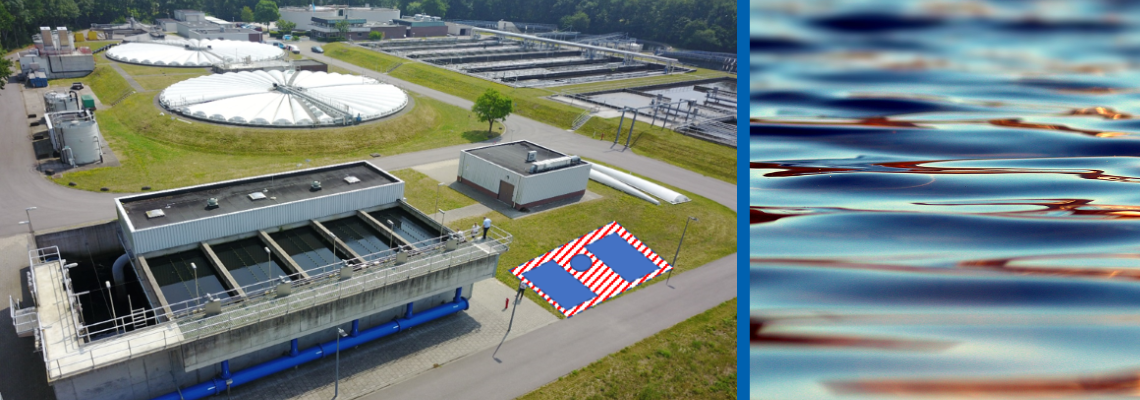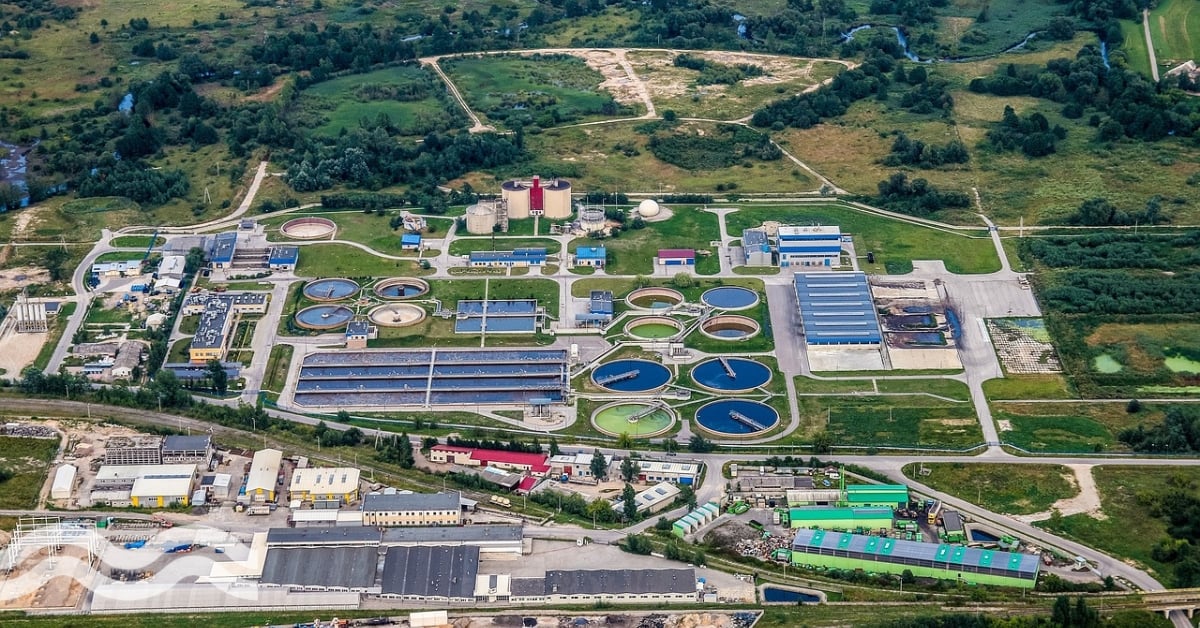Dutch purification trial to remove drug residue from wastewater

A new trial to remove pharmaceutical residue from wastewater is being carried out by Waternet at its Horstermeer wastewater treatment plant.
A two-stage process to remove pharmaceuticals
A new trial to remove pharmaceutical residue from wastewater is being carried out by Dutch utility Waternet at its Horstermeer wastewater treatment plant.
Waternet is testing a new O3-STEP filter as an extra step in the sewage treatment process, which will combine two existing techniques.
The project is being funded by the Amstel, Gooi and Vecht Water Board, who have invested just under $2 million into the project.
Usingboth ozone treatment (O3) and granular activated carbon filtration, the two filters will be able to better breakdown and remove pharmaceuticals.
Waternet said the test is set to begin in the summer of 2023 and take a full year to gather the results to see how effective the O3-STEP filtration process has performed.
The project is being funded by the Amstel, Gooi and Vecht Water Board, who have invested just under $2 million into the project.
Tackling pharmaceutical contamination
The O 3-STEP filter will be added to the Horstermeer wastewater treatment plant as an extra step in the wastewater treatment process.
Waternet said it is this combination of two techniques that is promising. The ozone breaks down the medicine residues and converts these substances into essences that are more easily biodegradable. Meanwhile, the carbon filter absorbs the broken-down drug residues to remove them from the wastewater.
Waternet is collaborating with several partners to develop this new process, including Witteveen+Bos, Nijhuis Industries, Cabot and TU Delft.
The research is part of the 'Innovation Program Micropollutants from wastewater' of STOWA, the knowledge centre of regional water managers and the Ministry of Infrastructure and Water Management (I&W).
Making a move on micropollutants
The build-up of pharmaceutical residue in wastewater is a growing concern. If not properly removed or destroyed, it could have serious health effects on people and the environment.
Pharmaceutical residue from drugs such as diclofenac, beta-blockers and antibiotics, enters the water network from human waste and has been found in surface water.
Sander Mager, director of the water board, said: “We want to improve water quality energetically because it is of vital importance to people, animals and nature.
We continue to urge other stakeholders to take source measures for micropollutants. We don't have to take out what doesn't go in.
"As a water board, we therefore have the ambition to reduce 'new substances' such as medicine residues and other micropollutants.”
Indeed, this sentiment is shared across the Atlantic as the US progresses, with three engineers from the Massachusetts Institute of Technology (MIT) recently turning to soap as an unusual method of removing micropollutants from water.
"We continue to urge other stakeholders to take source measures for micropollutants. We don't have to take out what doesn't go in," said Mager.


